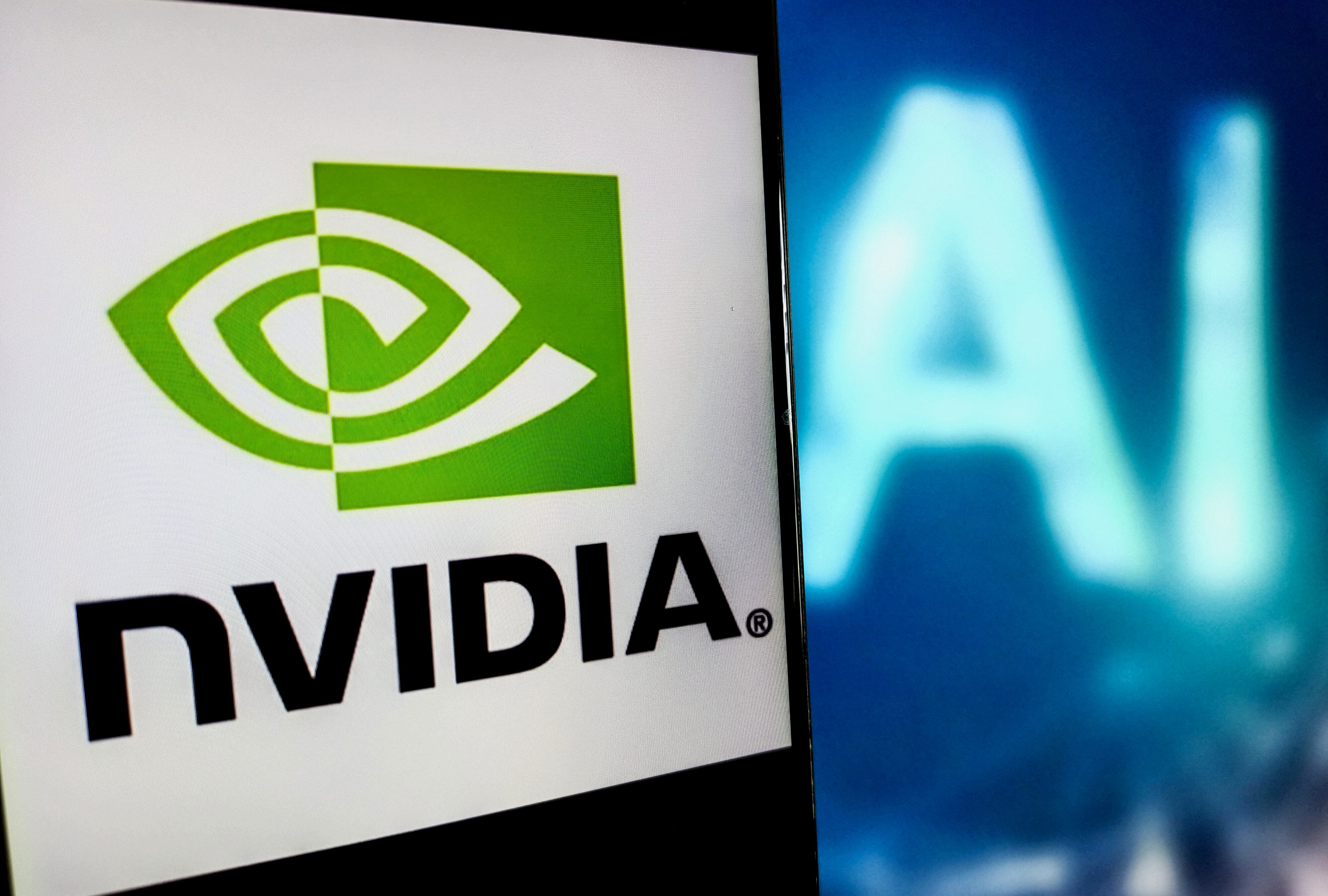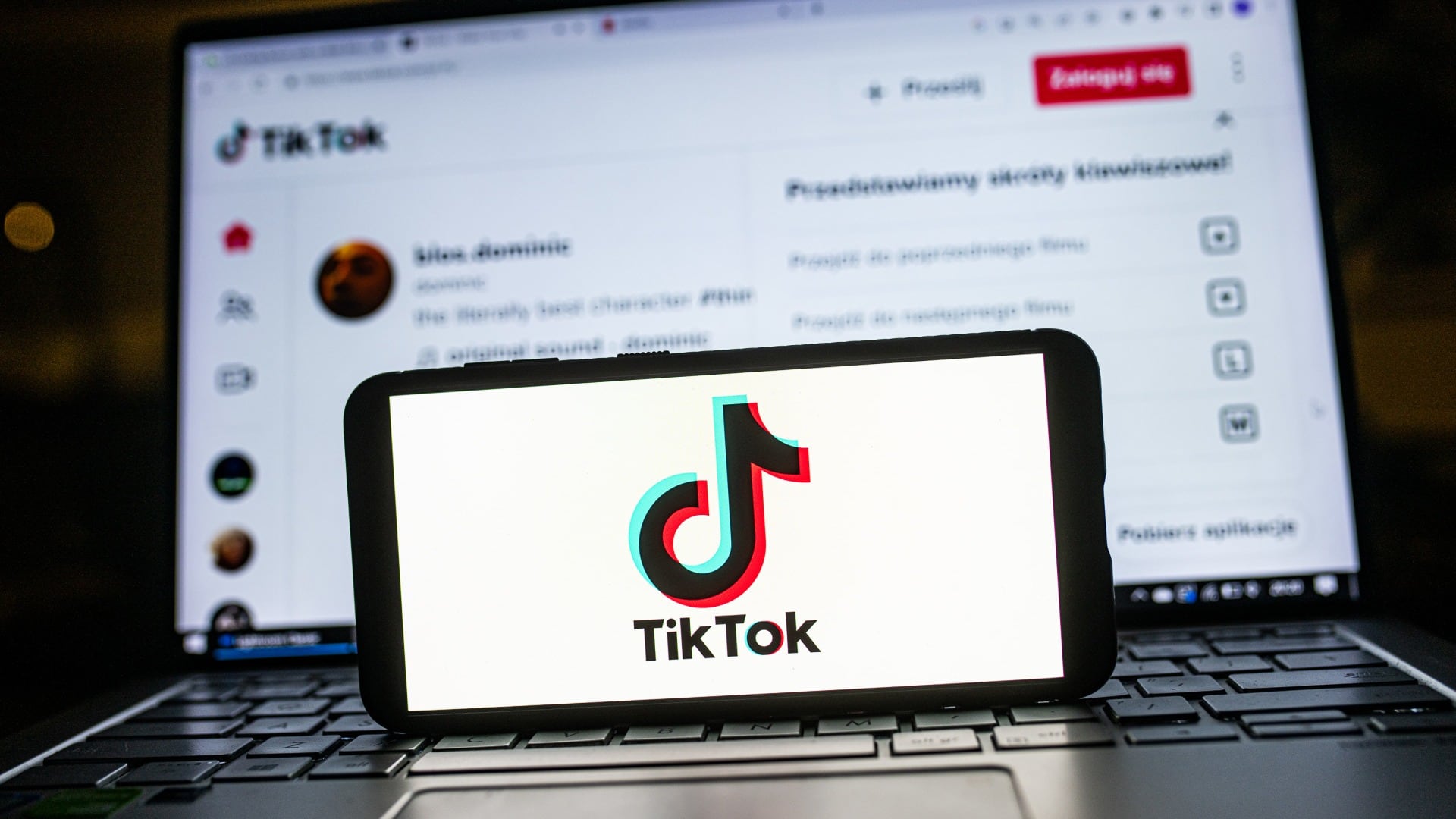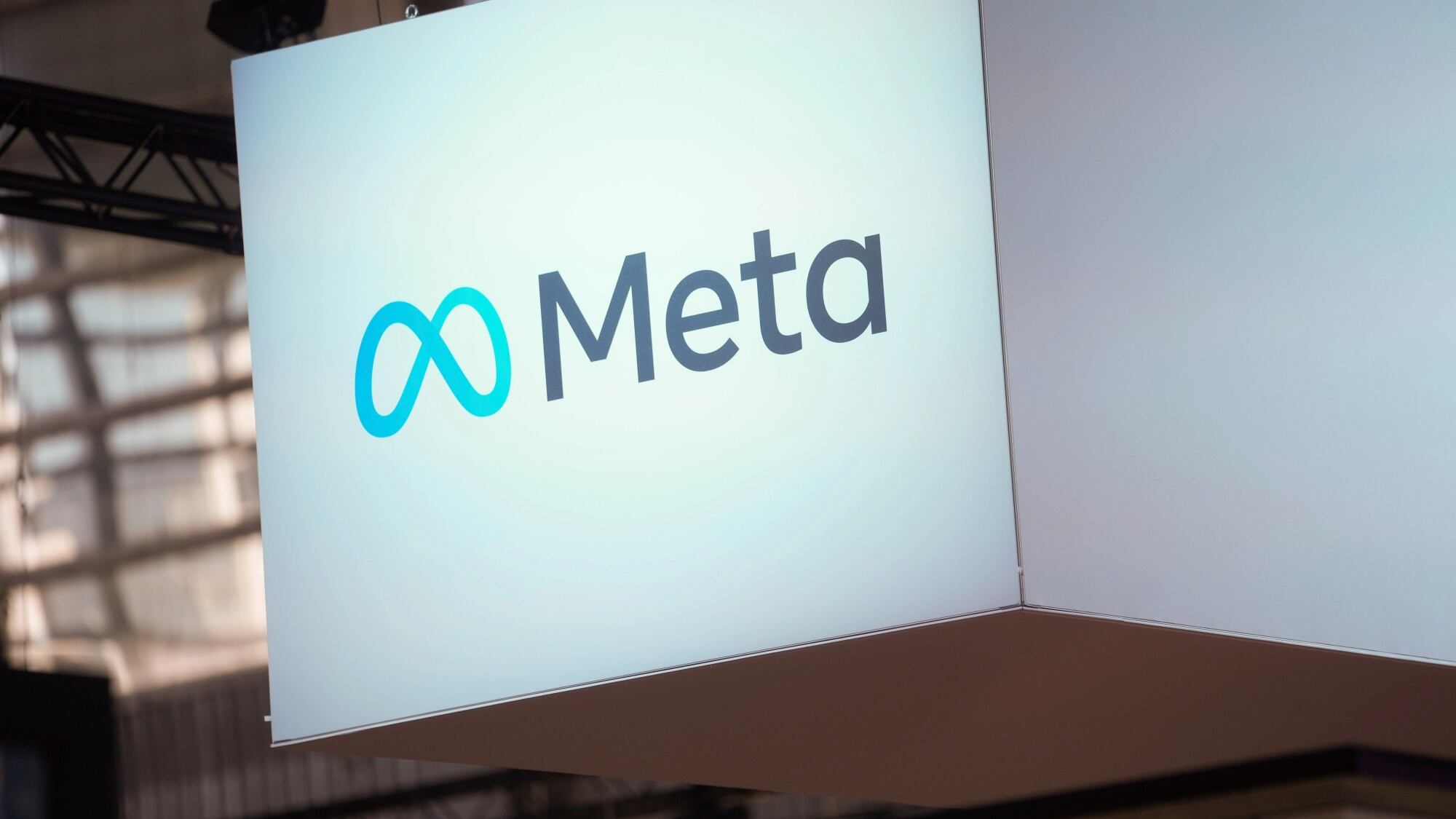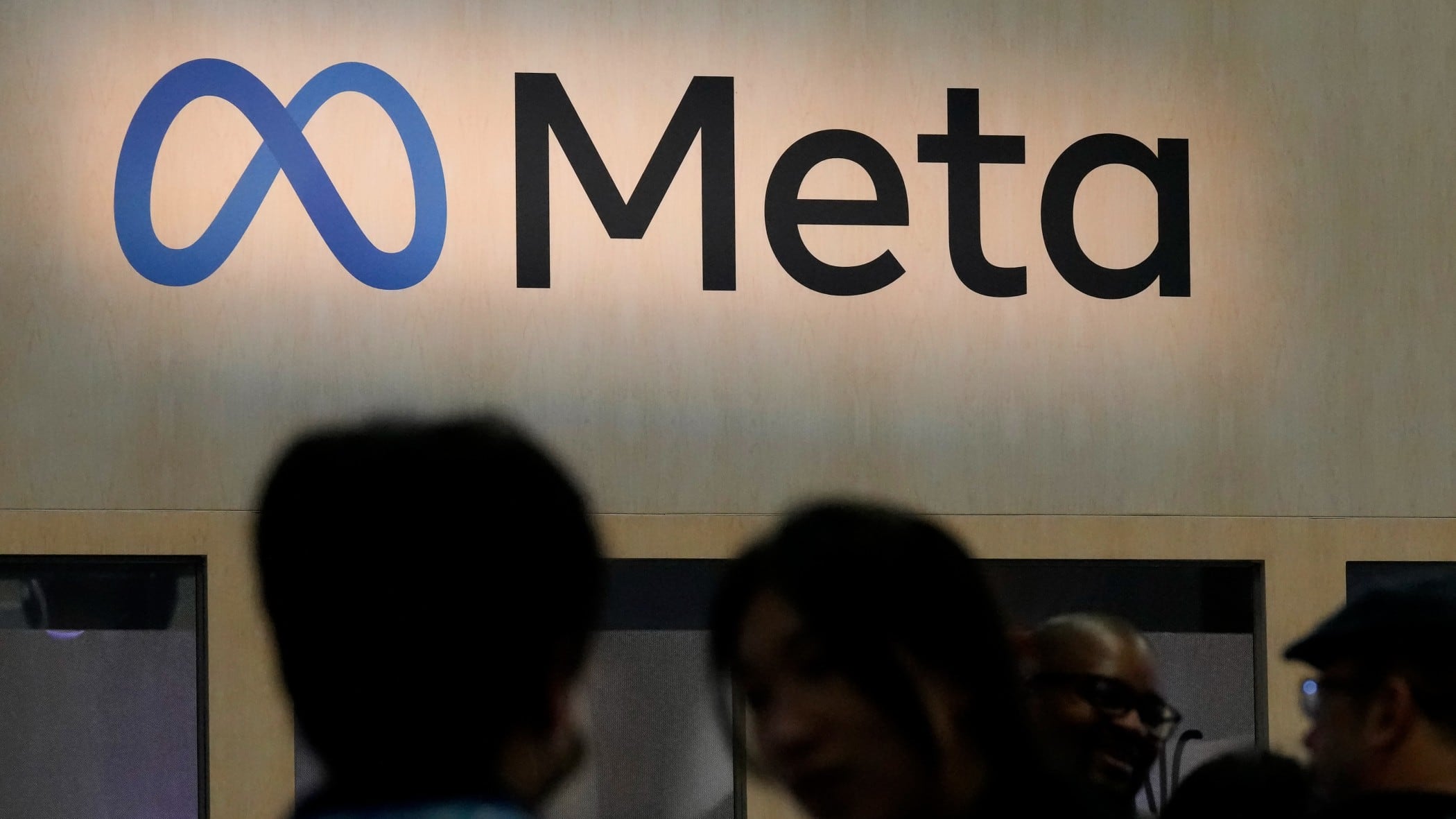*By Bridgette Webb* Microsoft is trying to turn up the heat on Slack, announcing a free version of its workplace collaboration tool Microsoft Teams on Thursday. The company hopes the platform's ability to integrate with other Microsoft programs will give it a leg up on the industry leader. “We have power of the full collaboration suite in there,” said Lori Wright, general manager of Microsoft 365 in an interview with Cheddar on Thursday. Previously Teams, which was launched in 2016, was only available to those with an Office 365 subscription. The free version will include support for up to 300 people, with unlimited chat messages and search as well as integration with 140 apps. It also has a new option to blur out the background during video calls, something Wright said will "take out all of the distractions." Users will get less storage than on the paid plan, though, and won't have access to features like scheduling and recording meetings. Slack does has its own free version, but that only allows users to search the last 10,000 messages and integrates with just 10 apps. As of March, 200,000 businesses globally were using the paid version of Teams, less than half of the half million organizations on Slack. Microsoft's efforts in workplace communications demonstrates the opportunity big tech companies see. Facebook launched its own collaborative platform, Workplace, in 2016 and has reportedly signed up about 30,000 organizations. Last month the tool was made free for nonprofits and education providers. For the full segment, [click here.](https://cheddar.com/videos/microsoft-picks-up-the-slack)












